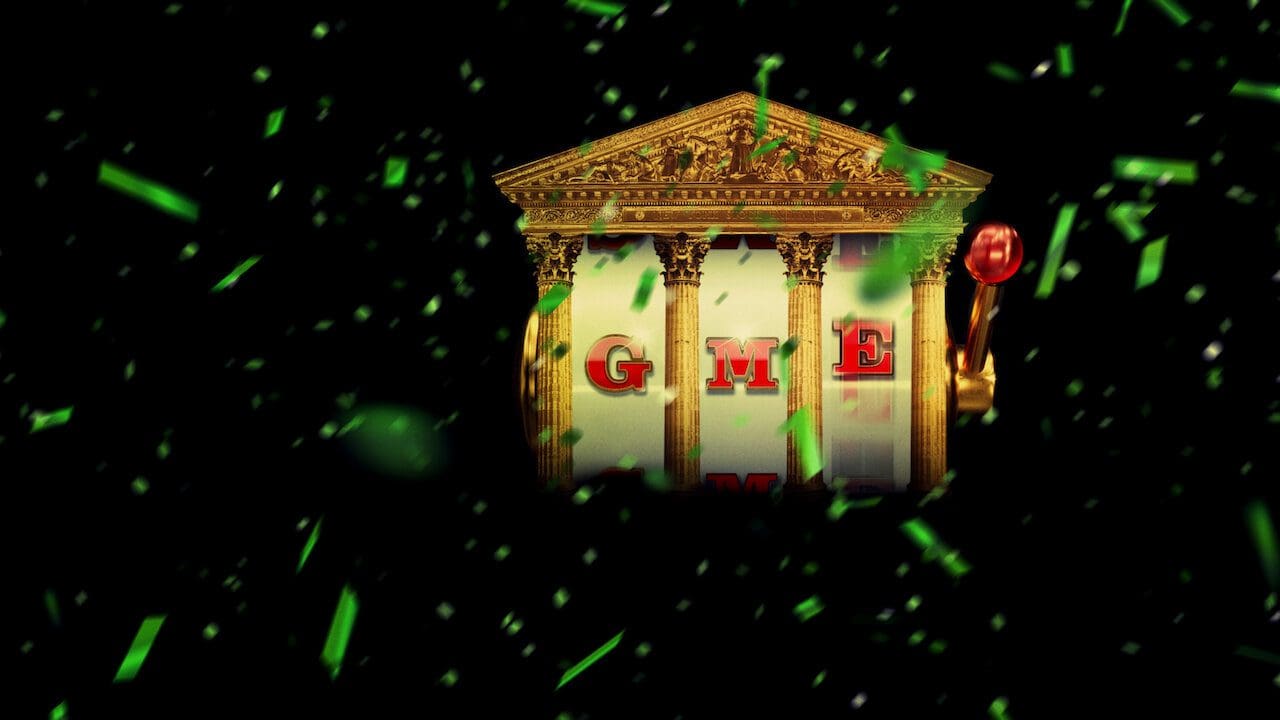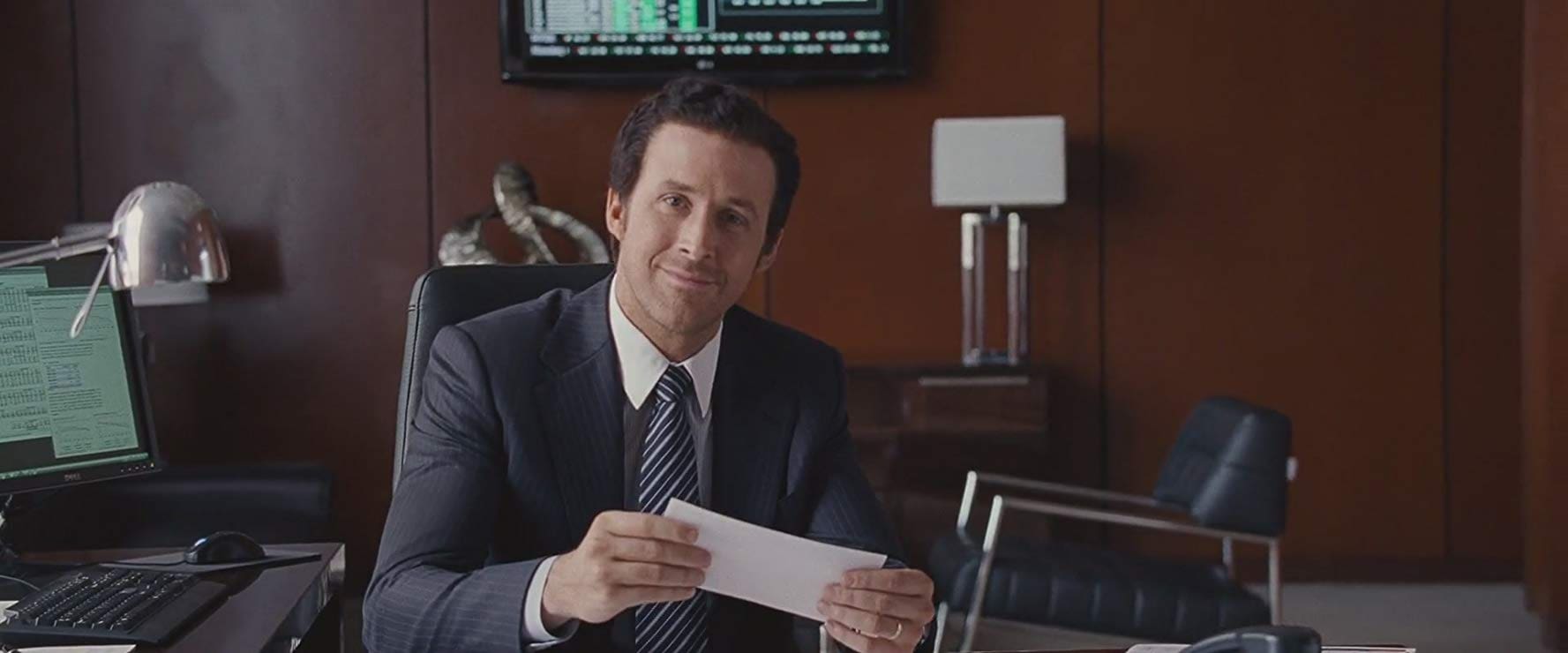How films have influenced our view of the stock market
How films have influenced our view of the stock market
Written by Katie Gomez
As we were growing up, we absorbed a lot of information from the news and entertainment industries. However, entertainment, like movies, television, and books are what tend to influence young people the most. As a millennial, my knowledge about stock trading was mostly from the movies I saw growing up, like The Wolf of Wall Street and The Big Short. Even though these types of movies are heavily fictionalized and in many ways misleading, there’s some underlying wisdom under the Hollywood tinsel. So if you’re new to the world of investing or trading and wondering how accurate these film representations are of stock traders, keep reading.
The Award winning Wall Street (1987) set the tone for the yuppie Wall Street broker cliche from the 1980s that are still seen portrayed in films today. Martin Sheen won the Oscar for Best Actor playing hot-shot broker Gordon Gecko, whose personal credo, “greed is good,” serves as the film’s theme.

Although this film is almost 40 years old, it still acts as a relatively strong indicator for the world of high-stakes trading and offers some important lessons to take away, such as:
- The importance of patience
- trials and tribulations of trader lifestyle
- The price of greed and chasing “the high life.”
- Trading favors the wealthy
- Never an even or fair playing field
2013’s Wolf of Wall Street is the spiritual successor to 1987’s Wall Street. Following the true life story of Jordan Belfort, it portrays what greed does to a person and the consequences that eventually befall him because of it. The main character’s rise to infamy and unlimited wealth is also his fall of a man who’s lost his meaning at the mercy of his addictions.. The path you take, the mentors you listen to, the intentions you have all play an integral part of your trading journey, and seemingly minuscule decisions can lead to dramatic results.
Although films like these tend to paint a bad picture in the end for traders who let greed get the best of them, they also leave you with important lessons to avoid the corruption of big markets—leading the viewer to associate stock traders solely with ideals of greed, corruption, evil, and loss.

But what’s the difference between everyday trading and what these films portray? For one, trading is rarely as entertaining as in the movies. For instance, most traders do not deal with seven-figure profit and loss numbers on a given day. However, no matter how luxurious or wealthy a lifestyle a trader leads, the lessons learned remain the same, as well as the tools used to understand them.
The portrait of traders in these movies is also outdated. These characters are predominately privileged, wealthy men trying to score in the market to buy their next supercar. Nevertheless, the recurring theme of both films is an underlying class war between blue collar and white collar, with the underdog blue collar winning in the end.
There are other instances in films that showcase when David successfully beats Goliath. A great example are the documentaries about the Gamestop meme stock phenomena, which showcase all kinds of traders, from 18-year-old kids to retired parents proving that anyone can succeed with the right tools and timing. The new generations also utilize social media, something that didn’t exist in the 1980s Wall Street movies. These younger traders use social media as a means to find like-minded, ordinary traders to learn, discuss, and profit.

In the 20th century, trading was an esoteric entity, built for and passed onto the 1%, while the other 99% had to find their own way and fight to be a part of the action. In all movies of that generation, the first word you would associate with Wall Street or stock trading would be yuppies. However, today, trading has never been more accessible to anyone of any age, race, gender, or economic background.
After the economic crash of 2008, this separation had never been more obvious. The banks and financial advisors we trusted left us feeling vulnerable and frustrated. This betrayal gave us a burning desire to take back control of our finances and teach ourselves what’s needed to stop that type of crash from ever happening again.
This made The Big Short one of the best films for new investors because it follows a real-life timeline of the 2008 crash. It’s something with which all viewers can relate. This film is not only incredibly informative, raw, and accurate; it is also highly entertaining. Just like the book it’s based on, it takes time to explain the financial jargon in layperson’s terms. The Big Short accomplishes this in an entertaining way via breaking the 4th wall and directly addressing the audience.

It also shows us the other side of traders like Michael Burry The drummer man on the spectrum who wore stained shirts and flip flops to work, painted a new image of what trading could look like to the outside observer. Although he might not look like it at first glance, Michael Burry is one of the world’s most successful and well-known traders because of his instincts and brain, not the label engraved into his pocket square. Michael Burry, the star of the film, who predicted the fall of the housing market, exemplified a critical trait that most traders struggle to protect: his conviction.
When his business collapsed, all investors had pulled out, and no one was left standing to support him, he still stuck to his guns and followed through. He knew that the market would eventually fall, yet it took three years for him to prove he was right. Even though he could pay all of his investors back and make a decent profit for his business, he was forced to fight his critics while his accounts were bleeding; that’s the conviction that can make or break a trader. The film shows us the price of being first (the leader) versus the followers (i.e., Jared Vennett), who could get in better and lose less money.

His successful bet against the market was not a cause for celebration. His payout meant millions of jobs lost, houses foreclosed on, and families ruined. Unlike other titans, Burry could not sweep the guilt he felt under the rug or put greed above all else. Burry closing his business shows that the price of being right is not worth it if you also profit along with the culprits who caused the disaster in the first place.
Films like Wall Street and The Big Short give important lessons to traders. The movies help us learn from the mistakes made by the characters, whether fictional or historical. They also give us different perspectives to see the market behind closed doors (in rooms we can’t afford to be let into). Whether it’s a book, movie, trading room, podcast, social media post, personal anecdote, or the news; the more knowledge you have, the simpler the complexities of trading will become for you. We are the future generation of stock trading, and it’s up to us to be wise enough to use all the tools available to learn as much as possible.
